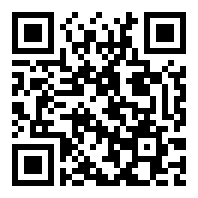Drug addiction, also called substance use disorder, is a disease that affects a person's brain and behavior and leads to an inability to control the use of a legal or illegal drug or medicine. Substances such as alcohol, marijuana and nicotine also are considered drugs. When you're addicted, you may continue using the drug despite the harm it causes.
Drug addiction can start with experimental use of a recreational drug in social situations, and, for some people, the drug use becomes more frequent. For others, particularly with opioids, drug addiction begins when they take prescribed medicines or receive them from others who have prescriptions.
Sugar consumption can create a short-term high and a spark of energy in the body. Some studies have suggested that sugar is as addictive as Cocaine.
People often enjoy the dopamine release that sugar brings. But due to the addictive nature of sugar, long-term health effects like obesity and diabetes are a risk of sugar overindulgence. Similar to other compulsions or behavioral addictions, sugar addiction is a special risk for people with low moods, anxiety, and stress.
Additionally, people who suffer from constant tiredness may reach for carb-rich sugary foods for a boost.
Sugar releases endorphins in the body and combines with other chemicals in the body, resulting in a surge of energy. Once someone mentally connects sugar with help providing energy, they may become dependent on it (usually inadvertently). People may begin to crave sugar to balance irritability, emotional lows, and other conditions.
At this point there is often little control over dietary habits, and a sugar addiction has developed.


 25% discount for Key Workers (Police, Fire, NHS)
25% discount for Key Workers (Police, Fire, NHS)